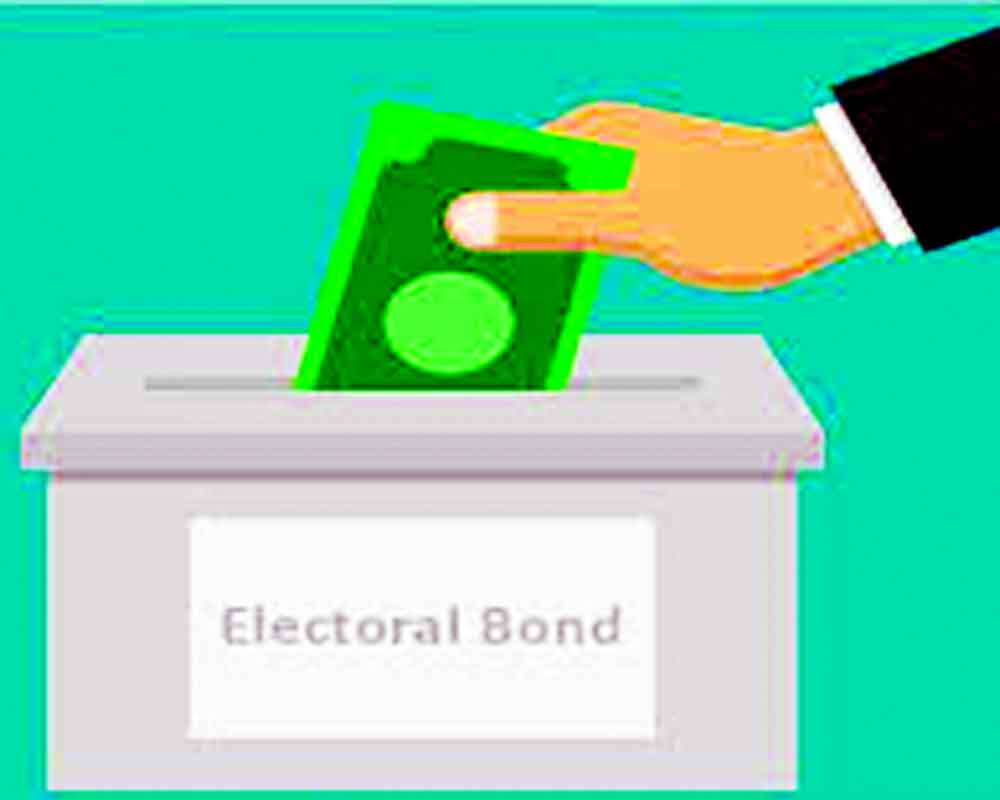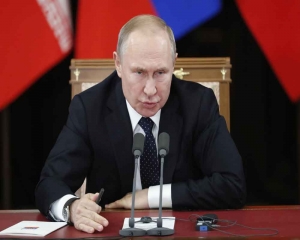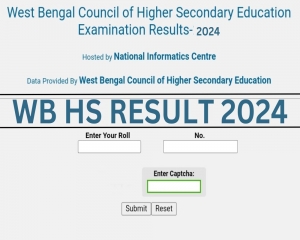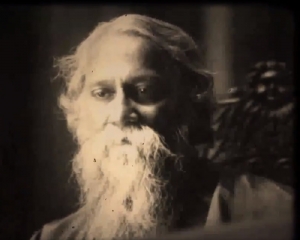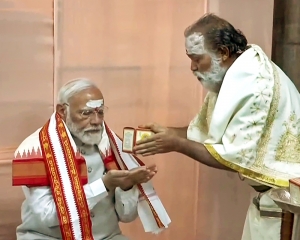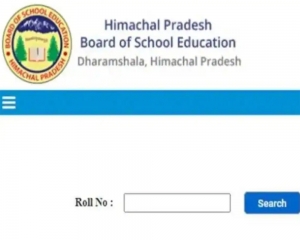Electoral bonds are slightly better than hazy ways of campaign fund-raising but more transparency is needed
One of the most contentious issues across most democratic nations is one of “Campaign Finance Reform.” Elections cost money to win, there are huge teams of volunteers and workers, who need to be paid and fed at the cost of running advertisements. Even paying for small nitty-gritties such as food and water add up. Given that political campaigns often start months, even years ahead of the elections, campaigning has become a semi-permanent state of mind for most large political parties that wish to stay relevant even if they are in power, particularly if they are part of the Opposition and aspire to a comeback. In 2017, claiming that they wished to improve the method of political funding in India, the Narendra Modi Government introduced the electoral bond system that allowed almost anyone to buy bonds of varying amounts that would be transferred directly to a party’s account. The buyer could remain anonymous. The Election Commission (EC) had expressed reservations back then as had smaller political parties. They claimed that this could lead to unchecked foreign funding of Indian political parties, is a no-no for the Representation of People’s Act and the concept of anonymity would lead to unchecked corporate funding of elections. With large companies spared the need to identify which political party they donated to, this could potentially lead to an indirect influence on policy as well as a huge bias in favour of the party in power. That became evident when the ruling Bharatiya Janata Party (BJP) garnered the lion’s share of electoral bonds over the past few years.
The main purpose for which electoral bonds were introduced — the need to remove ambiguous sources of money coming into the electoral process as well as hordes of cash — has really not been achieved. In raids across the country on the eve of elections, massive cash treasure troves were found. This coupled with the EC’s frankly ridiculous limits of electoral spending — the sum allowed in the 2019 General Elections is just Rs 70 lakh per candidate, which as anyone, who has fought an election, will tell you is a sum that would have fallen short in the 1999 General Election, let alone 2019 — has led to this situation. More realistic spending limits of around Rs 5 crore per Lok Sabha constituency coupled with full disclosure of corporate donations should be the way forward. While individual donations up to Rs 10 lakh could remain to be anonymous, what with small donations becoming the bedrock of participative democracy in the United States, companies must make it clear which political party’s pockets they are lining. This would ensure a more equitable process of donations with everyone getting a share of the pie and not leading to the ruling party hogging it all. Besides, the people should know who is funding what.













